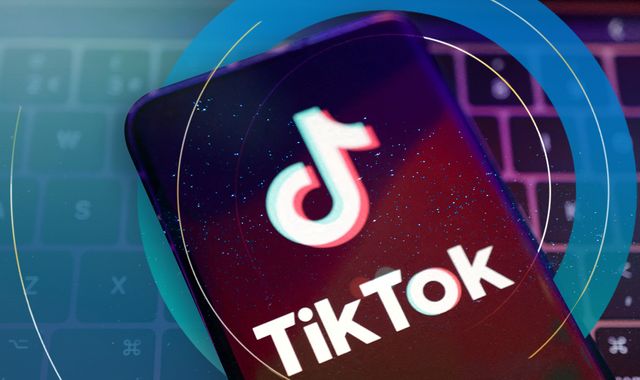In the digital age, TikTok has emerged as a dominant force in the realm of social media, captivating millions with its engaging and diverse content. From viral dance challenges to comedic skits to educational tutorials, TikTok offers a platform for users to express themselves creatively and connect with others around the globe. However, the ability to download TikTok videos easily through third-party tools has sparked debates surrounding legality, ethics, and privacy concerns.
Understanding the Appeal of Downloading TikTok Videos
TikTok’s appeal lies in its vast repository of user-generated content, which spans a wide range of genres and topics. With so much captivating content available, it’s natural for users to want to download and save their favorite videos for later viewing or sharing with friends. Third-party tools that facilitate the downloading of TikTok videos provide a convenient solution to this desire, allowing users to access content offline or across various platforms.
Legal Implications and Copyright Considerations
While the convenience of downloading TikTok videos may seem enticing, it raises significant legal and ethical questions, particularly concerning copyright infringement. When users upload content to TikTok, they grant the platform a license to host and distribute their videos. However, this license does not necessarily extend to third-party downloaders, which operate outside of TikTok’s ecosystem. As a result, downloading and redistributing TikTok videos without proper authorization may violate the creator’s intellectual property rights and contravene copyright laws.
Privacy Concerns and Data Security
In addition to copyright considerations, downloading TikTok videos through third-party tools raises concerns about privacy and data security. Users may inadvertently expose themselves to risks such as malware, phishing, or data breaches when engaging with unauthorized downloading programs. Furthermore, the act of downloading and redistributing TikTok videos without consent may compromise the privacy and consent of individuals featured in those videos, particularly if the content is sensitive or personal in nature.
Platform Policies and Enforcement Measures

To address these concerns, TikTok has implemented policies and technological measures to combat unauthorized downloading and sharing of content on its platform. The company’s terms of service explicitly prohibit users from downloading or distributing TikTok videos without permission, and it actively monitors and removes infringing content. Additionally, TikTok (https://tikd.cc/) has taken steps to block access to third-party downloader tools, demonstrating its commitment to protecting the rights of creators and maintaining the integrity of its platform.
Promoting Responsible Digital Citizenship
As users navigate the digital landscape, it is essential to understand the implications of downloading TikTok videos and to act responsibly when engaging with third-party tools. Platforms like TikTok should prioritize user education, providing clear guidance on copyright laws, privacy considerations, and the risks associated with downloading content through unauthorized means. By empowering users to make informed decisions and respect the rights of creators, we can foster a more ethical and responsible digital environment for all.
Balancing Accessibility with Accountability
While the ability to download TikTok videos offers convenience and flexibility, it also raises complex legal, ethical, and privacy considerations. By promoting awareness, enforcing platform policies, and fostering responsible behavior, we can strike a balance between accessibility and accountability in the digital realm. Ultimately, by respecting the rights of creators and prioritizing ethical standards, we can ensure that TikTok remains a platform for creativity, connection, and expression while upholding the integrity of intellectual property rights and privacy protections.
